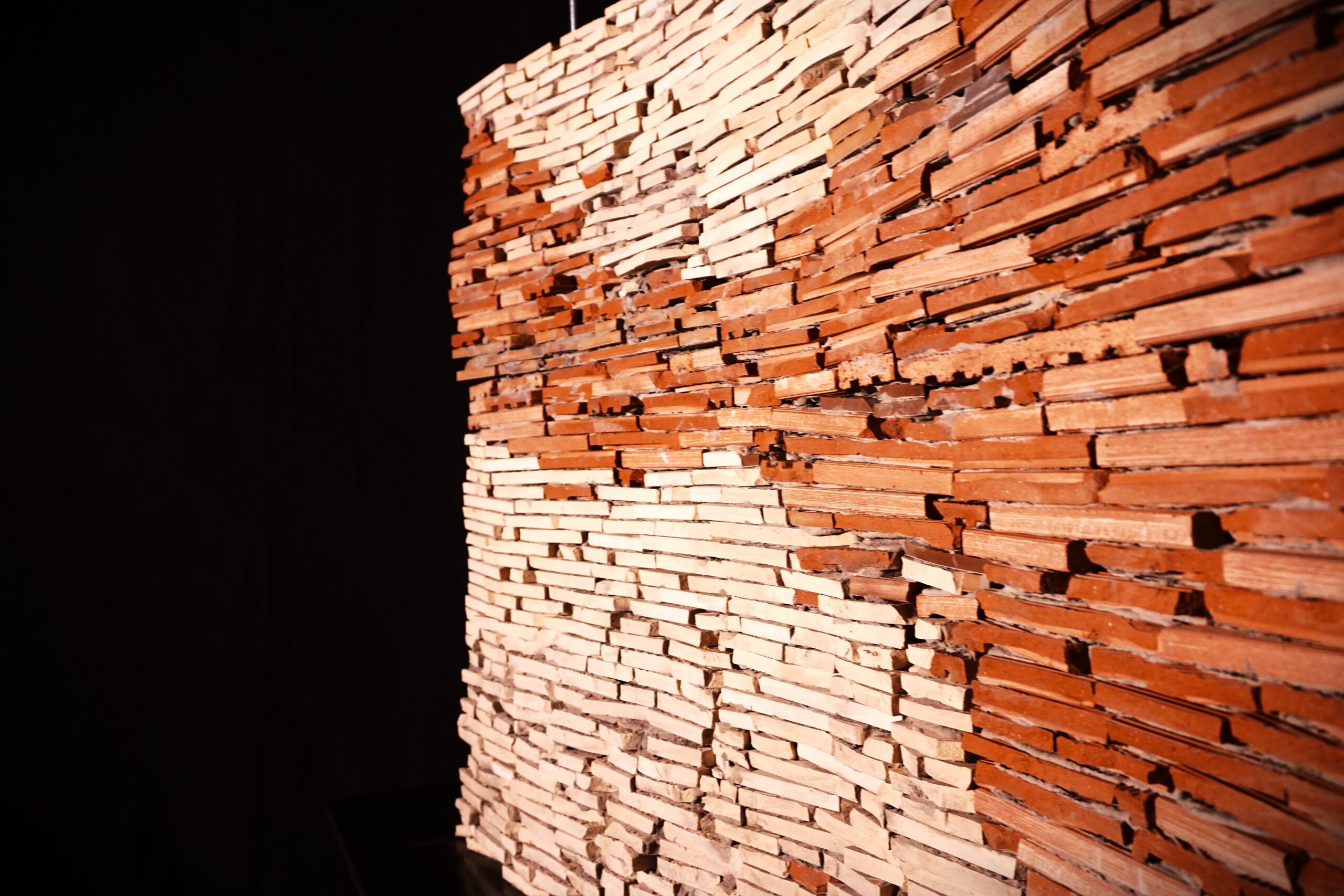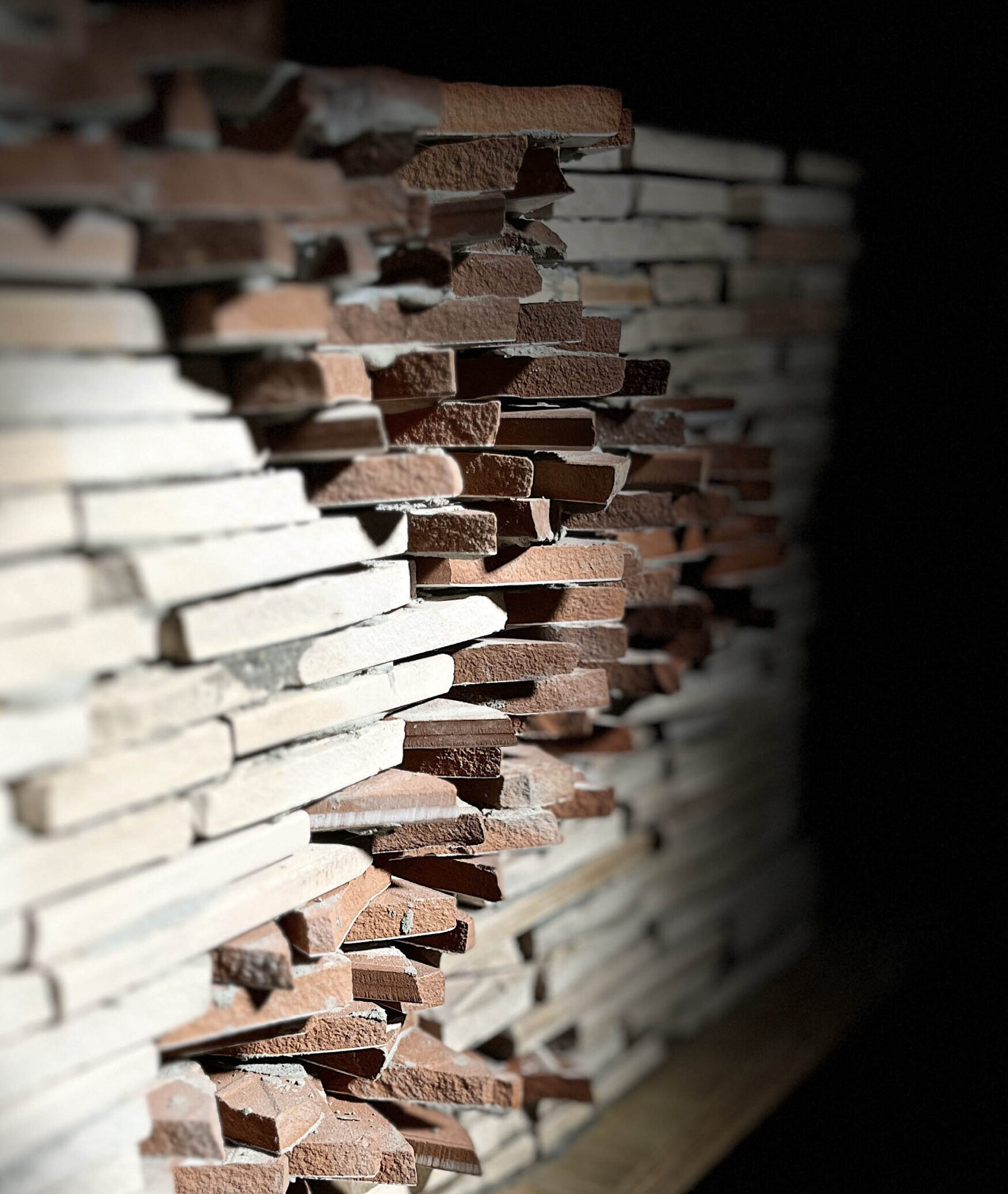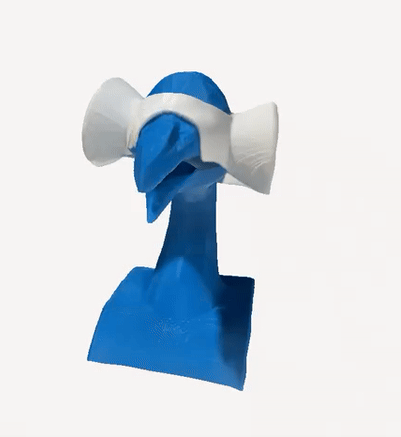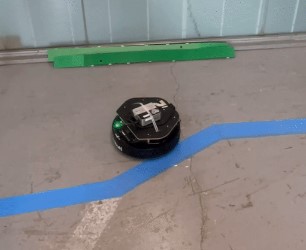Workshop 3.2 – HearMeOut
The Challenge Traditional industrial robot software emphasizes reliability, precision, and repeatability. This approach can make the human-robot collaborations feel uncreative and non-engaging. Robots must by dynamic and engaging to thrive in a human-centered environment. The Solution The Overview Inverse Kinematics Using Inverse kinematics to orchestrate joint rotations, and constructing smooth mathematical functions that are composed … Read more



